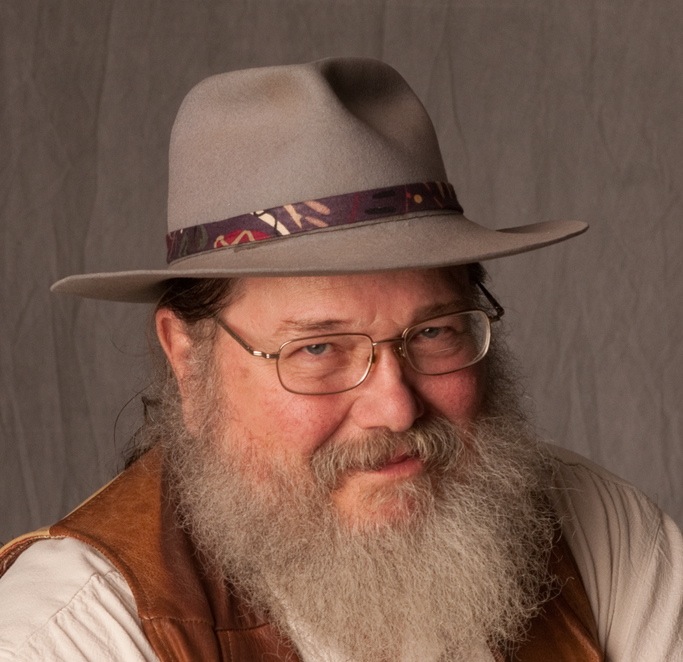“In Apache Pass, Prince Rupert, Indian Jack puts a pistol to my head says, ‘How do you like your blue-eyed boy Mr. Dead?’”
–“Criminology” by Tom Russell
Ever been scared? I mean really scared—not scared that the eighth grade boys are gonna beat the crap out of you after World History. Not scared that your husband caught you checking out the hunky kid loading your chicken scratch at the feed store, but the heart-stopping kind that changes the geography of your organs, and you taste it in the back of your throat like new pennies.
Last night I sat around a driftwood fire with friends, a stone’s toss from the Sea of Cortez . My neighbor Raine had sailed around the world in a 30-foot boat with her husband in the days before GPS, with only a sextant to locate her position on the face of a big blue sea. One time in the South Pacific the transistor radio she wrapped her arms around in the bucking galley placed a hurricane 500 miles north of her speck in the ocean. She knew they had it wrong. It was right there and all they could do was cut all their canvas and race downwind through canyons created by waves taller than a two-story house. For 30 hours they matched all their skill and strength against the storm. “You had to have a sense of humor when you looked up and up and up at those waves.” They took 30-minute turns manning the tiller, slicing a toehold across the face of the towering waves like a surfer hanging 10, always driven before an insatiable wind that roared like a freight train at the moment of impact. “My mouth was so dry—it was days before the adrenaline was out of my system.”
While most of us won’t experience life-threatening fear like Raine must have. There’s no doubt that our culture hungers to be frightened—seeks out that electric jolt that comes with the unexpected, the threatened danger—that righteous dose of adrenaline that says, “You are truly alive.” And thus the ghost stories round the campfire since caveman days.
Sue and I talked today about the finely developed fight or flight mechanism that has served mankind so well through time. Perhaps it leaves a physical/emotional residue that needs to be periodically discharged in a safe context. I think primitive cultures addressed this with coming-of-age ceremonies where impressionable adolescents were tortured, starved and terrorized in a protected environment. We want to be scared.
My neighbor Almon Lewis lived on Furnatts Creek, W.V., from the dirty ’30s until Glenna’s battle with diabetes made a move to the hard road and easy access to the doctors and town a necessity. He looked like a Norwegian Lincoln and when he rode his white mare Gypsy he was graceful as a young man. He told me this story.
“I was riding home and it was dark as a banker’s heart. I could barely see Gypsy’s ears dancing in the dark. The brush was thick on the hillside to my left and I began to hear twigs snappin’ like someone was keeping pace with me through the night. I thought I might be imagining it. But Gypsy’s ears were swiveling to each new gravel rolling down the hill …”
At the curve an old oak overhung the road and shut out all starlight. As Almon passed the tree something dropped from above onto the back of his horse.
“Two bony arms wrapped around my chest so tight I could hardly breathe. Old Gypsy just squatted down and took off like a blue flame. I can’t tell you how long it took us to get from Midkiff to Brady because my watch was in my vest pocket and my arms were pinned to my sides. But I’ve never seen Gypsy run like that before or since.
“When we got to Brady, Gypsy ducked off the road through the gate into the graveyard. Headstones were flashing by like a picket fence. When we go to the back of the graveyard where the oldest graves were, many only marked with an uncut stone, the thing slipped off Gypsy’s back into the dark. “I guess it just wanted to hitch a ride,” Almon said.

